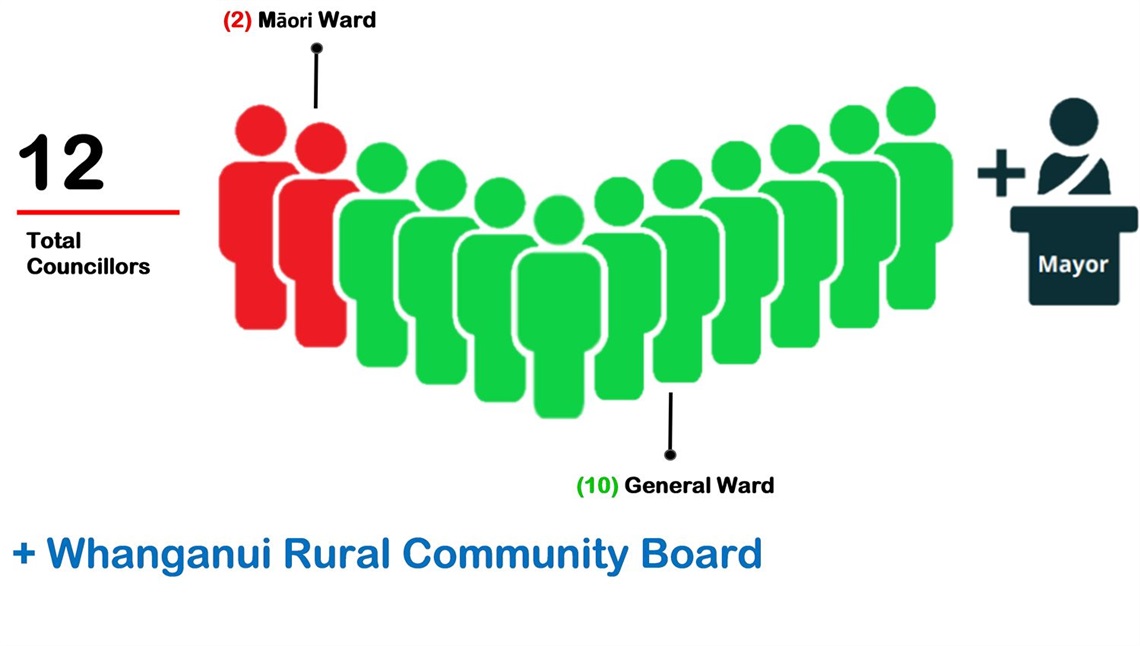The council made its final decision about representation arrangements for the 2025 local body elections on Tuesday, 3 September 2024. The appeal period closed on Sunday, 6 October 2024.

We are undertaking a representation review that will determine the make-up of your council for the next local body election in 2025.
A representation review gives our community the opportunity to have their say on our representation model, including:
- the total number of councillors we have
- the number of wards, in addition to the Māori ward
s
- the boundaries of these additional wards
- whether we have community boards, and if so, their locations, structures, and the number of members they have.
We are undertaking this review because the Local Electoral Act 2001 (LEA) requires councils to review representation arrangements at least once every six years to ensure fair and effective representation for the community. The council last reviewed its representation in 2018, so a review is required before the next local body election in October 2025.
Where we are currently
On Tuesday, 3 September 2024, the council formally adopted its final proposal for the representation review arrangements for the 2025 local body elections. The key details of this proposal are as follows:
- One mayor and 12 councillors:
-
- 10 councillors from the General ward
- 2 councillors from the Māori ward
- Voters will elect their representatives based on their enrolment on the General or Māori roll.
- One community board will represent the rural community.
Anyone who made a submission to the council’s initial proposal was able to appeal against the council’s decision. Appeals had to specifically address matters raised in the person’s submission and had to be received by the council no later than Sunday, 6 October 2024.
At the same meeting on 3 September, Whanganui District Council confirmed its decision to establish a Māori ward. This decision is final, and the Māori ward cannot be revoked from this representation arrangement. Any appeals regarding the Māori ward will be disregarded as they fall outside the scope of this review.
As required by central government, this decision will be presented to the community in a binding referendum during the 2025 local body elections.
For any queries regarding the council’s decision, please contact the Democracy Services Team at democracy@whanganui.govt.nz.
Read the public notice(PDF, 170KB)
Results from our February 2024 preliminary survey
In February 2024 we asked our community to vote on:
- How many councillors they would like
- How the district should vote for the councillors
- If they would like a community board.
The results of that vote were:
- 54% supported reducing the total number of councillor positions
- 64% supported councillors continuing to be elected by electors of the entire district
- 54% supported retaining a community board.
Results from July 2024 submissions
In July 2024 we asked our community to vote on:
- The number of councillors remaining at 12
- The retention of the Whanganui Rural Community Board
- The proposal overall
The results of that vote were:
- 58% supported the number of councillors remaining at 12
- 67% supported the retention of the Whanganui Rural Community Board
- 52% supported the proposal overall
Read the analysis of submissions(PDF, 127KB)
More information